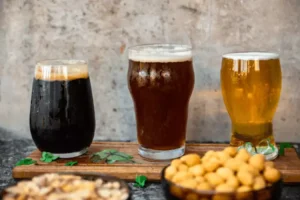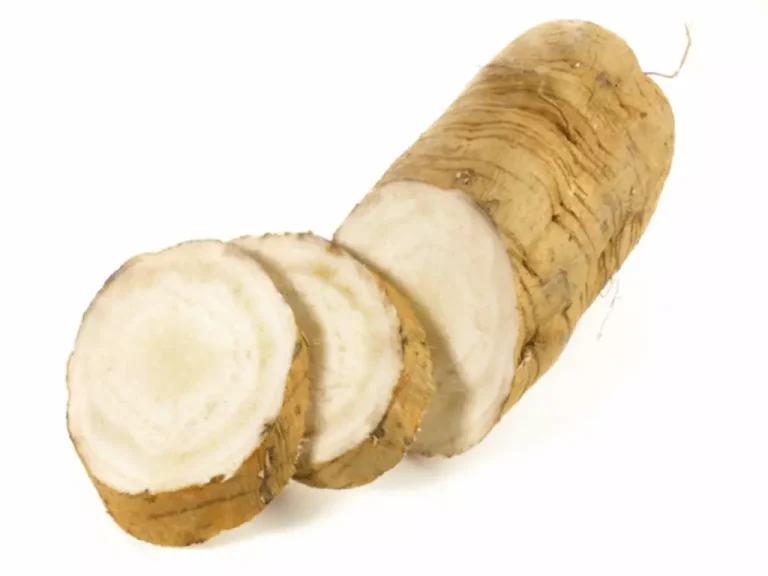
AddictionResource aims to present the most accurate, trustworthy, and up-to-date medical content to our readers. Our team does their best for our readers to help them stay informed about vital healthcare decisions. Alcohol can thin the blood for several hours after consumption, with effects varying based on individual metabolism, alcohol drinking alcohol on blood thinners quantity and other factors. For example, polyphenols found in red wine have been suggested to have mild anticoagulant properties, potentially contributing to blood-thinning effects. Healthcare professionals treat AUD with medications and behavioral therapies. They may also recommend joining a support group for individuals with AUD.

What are anticoagulants?
Working with an addiction specialist to safely detox from alcohol and then get behavioral treatment through rehab is the best process for ending AUD and other forms of problem drinking. Fortunately, there are many evidence-based programs available, which specialize in treating alcohol use disorder. These drugs work by either thinning your blood or raising the time it takes for blood clots to form.
Having had an allergic reaction to Revlimid or any of its ingredients
This physiological response primes a person to be alert and ready to act. Alcohol can cause an increased release of cortisol and, in turn, higher blood pressure and a faster heartbeat. Short-term effects occur because of how alcohol impacts receptors in the blood. Specific blood vessels near the heart rely on receptors to keep blood pressure at a healthy level. When alcohol is in the blood, these receptors do not function as they should. Non-steroidal antiinflammatory drugs (NSAIDs) are common pain relievers found as over-the-counter (OTC) and prescription products.
Blood Thinner Drugs
Blood clots can be dangerous because they interfere with blood flow to your vital organs. If you have issues with your heart, you may have a greater chance of developing blood clots and may need to take blood-thinning medications. An appropriate INR rate varies from person to person according to their medical history. Staying within your INR range can prevent you from bleeding excessively or clotting too easily.
How Long Do These Effects Last?

- Alcohol can also cause underlying health problems that affect the liver, which plays a vital role in how blood thinners work and how blood clotting occurs.
- Light to moderate alcohol use can make your blood thinner, while heavy alcohol use actually increases the likelihood of forming blood clots.
- Alcohol might also slow down the rate at which your body breaks down and removes the blood-thinning drug.
- When the body’s ability to clot is reduced internal vessels may begin bleeding inside the body.
- Immunomodulators specifically help your immune system respond to cancer cells.
- If you don’t treat it, you are at a higher risk of having a stroke.
- This interaction is particularly concerning as it can increase the risk of excessive bleeding, especially in individuals with underlying liver conditions.
- Li said she generally tells people not to drink more than two or three times per week.
- When you drink, you might get tipsy and lose your balance, too.
Red vs. White Clots
- Some foods and medicines can change the way your blood thinners work, especially if you take warfarin.
- Because research suggests that alcohol may thin the blood, people need to avoid consuming any before undergoing surgery.
- However, the National Institute on Alcohol Abuse and Alcoholism (NIAAA) underscores that certain individuals should abstain from alcohol entirely, including those on blood thinners.
- If you are experiencing serious bleeding, it is important for you to tell your doctor all the medications and supplements you are taking and inform them of any food or drink that you have consumed recently.

